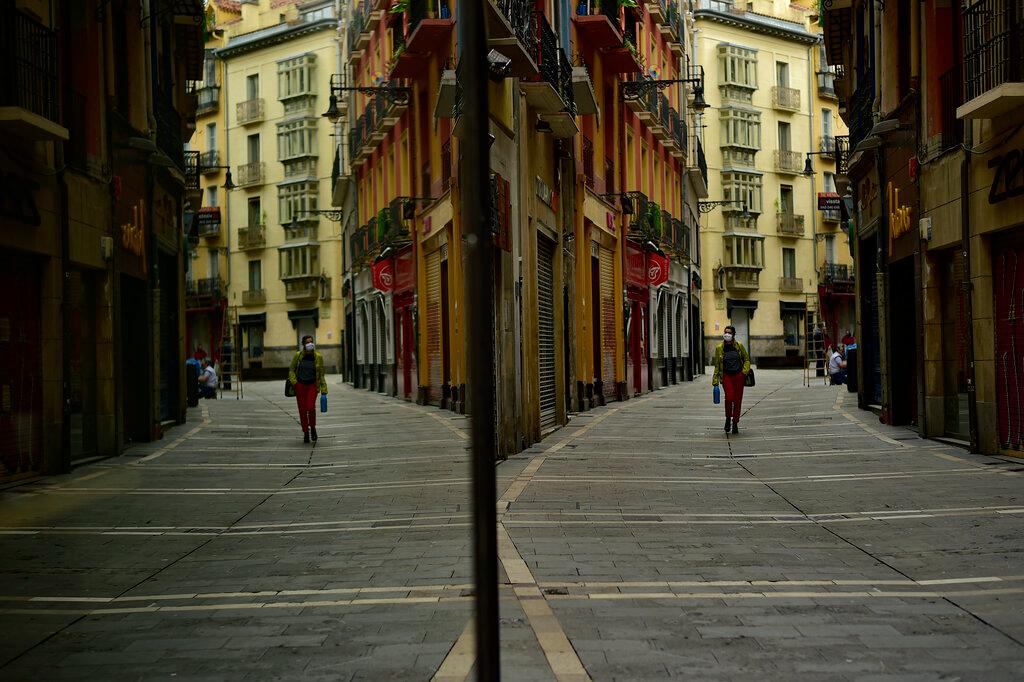Spain’s top court rules Covid-19 lockdown was unconstitutional
The ruling means that any fines imposed on citizens by police for breaking lockdown restrictions could be cancelled.
Just In
Spain’s top court has ruled that last year’s strict coronavirus lockdown was unconstitutional.
The ruling has created the possibility of people who were fined for breaking lockdown rules reclaiming the money they paid, but the court said it would not accept lawsuits from people and businesses who want to sue the government because they lost money due to the lockdown.
The government declared a state of emergency on March 14, 2020 to curb the first wave of Covid-19 infections.
At that time, coronavirus cases and deaths were rising and hospitals were quickly becoming overwhelmed.
Spain has three levels of emergency: state of emergency, state of exception, and the highest level, state of siege.
The government chose to bring in a state of emergency, under which almost everyone in the country was ordered to stay at home, only permitted to leave for essential reasons. All but essential businesses were closed.
People were only permitted to travel outside alone to collect essential supplies, medicine, go to work, get medical treatment, or assist dependent people. The strict state of emergency lasted for 98 days before restrictions on movement were lifted in June 2020.
But Spain’s Constitutional Court has now voted, by a slim majority of six to five, that the state of emergency was not enough to give the restrictions constitutional backing and the rules were equivalent to a suppression of fundamental rights.
The court did not question the need for measures adopted to reduce the spread of Covid-19 but said Prime Minister Pedro Sánchez had used the wrong legal mechanism.
In order to legally limit people’s freedoms to the extent they did last year, the court said, the government should have declared a state of exception rather than a state of emergency.
In Spain, a state of emergency – known as a “state of alarm” in Spanish – can be declared by the government and implemented before it is debated in parliament. This allows the government to put new rules into force quickly.
A state of exception, however, is not directly agreed by the government. Instead, the proposal needs to be taken to parliament first, which then has to declare the emergency.
It is unclear if the Constitutional Court decision will open the gates for lawsuits against the Spanish government.
In practice, the ruling does mean that any fines imposed on citizens by police for breaking lockdown restrictions could be cancelled.
The court ruling was in response to a suit brought by the far-right political party Vox.
More than 81,000 people have so far died in Spain due to the coronavirus.
Subscribe to our newsletter
To be updated with all the latest news and analyses daily.
